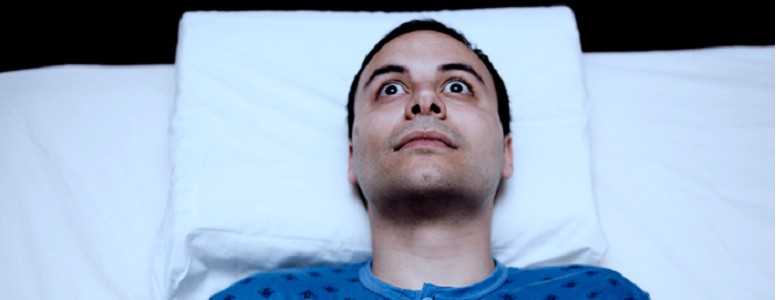People who regularly sleep for five or less hours a night are more likely to drink sugar-sweetened beverages (SSBs), new research reports.
Scientists at the University of California, San Francisco reported that it wasn’t clear if drinking SSBs decreased sleep quality or if sleep deprivation increased people’s desire for sugar and caffeine to stay awake.
The study team highlighted that, in previous research, SSB consumption has been linked to metabolic syndromen, which increases the risk of obesity and type 2 diabetes.
The researchers analysed records of 18,779 participants in the National Health and Nutrition Survey (NHANES), all of whom reported how much sleep they usually get and their total consumption of various beverages, including caffeinated and non-caffeinated beverages.
Those who slept five or fewer hours during the work week also drank 21 per cent more caffeinated SSBs, such as sugary fizzy drinks and energy drinks, compared to people who slept seven to eight hours a night.
People who slept six hours per night regularly consumed 11 per cent more caffeinated SSBs, but no association was observed regarding consumption of juice, tea or hot drinks.
“Short sleepers may seek out caffeinated sugar-sweetened beverages to increase alertness and stave off daytime sleepiness,” said lead author Aric A. Prather, PhD, assistant professor of psychiatry at UCSF.
“However, it’s not clear whether drinking such beverages affects sleep patterns, or if people who don’t sleep much are more driven to consume them. Unfortunately, the data in the current study do not allow us to draw any conclusions about cause and effect.
“We think there may be a positive feedback loop where sugary drinks and sleep loss reinforce one another, making it harder for people to eliminate their unhealthy sugar habit.”
Prather noted that further long-term studies will be required to better understand how sleep and SSB consumption affect each other over time.
“Given the likely two-way relationship between sugary drinks and short sleep, enhancing the duration and quality of sleep could be a useful new intervention for improving the health and well-being of people who drink a lot of sugary beverages.”
The study was published in Sleep Health.
What's new on the forum? ⭐️
Get our free newsletters
Stay up to date with the latest news, research and breakthroughs.






